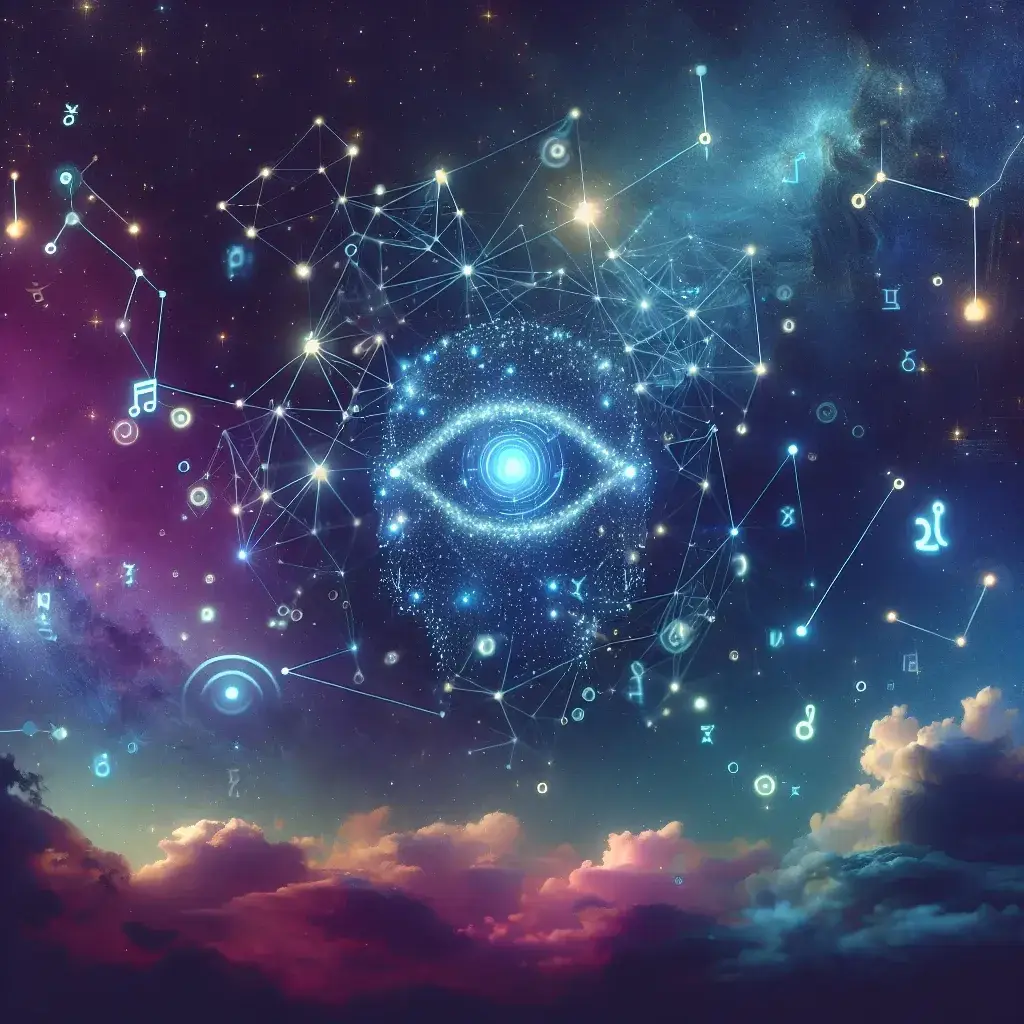Astrology Apps Deploying AI to Merge Vedic and Western Star Systems
Introduction
In the ever-evolving landscape of technology and spirituality, astrology has found a novel way to adapt and grow. With the advent of artificial intelligence (AI), astrology apps are now merging Vedic and Western star systems, creating a comprehensive approach to astrological insights. This innovative integration not only broadens the scope of personal astrology but also enhances the accuracy of predictions and interpretations.
Understanding Vedic and Western Astrology
Before delving deeper into how AI is reshaping astrology apps, it’s essential to understand the fundamental differences between Vedic and Western astrology.
Vedic Astrology
Originating from ancient India, Vedic astrology, also known as Jyotish, focuses on the positions of celestial bodies in relation to the Earth’s perspective. It utilizes the sidereal zodiac, which is based on the fixed positions of stars and constellations. Key features of Vedic astrology include:
- Lunar and Solar Positions: Vedic astrology places significant emphasis on the Moon’s position, along with the Sun.
- Dashas: A unique system of planetary periods that influence an individual’s life path.
- Remedies: Specific actions or rituals suggested to mitigate negative planetary influences.
Western Astrology
Western astrology, on the other hand, has its roots in ancient Mesopotamia and Greece. It employs a tropical zodiac system, which is based on the Earth’s seasons rather than the fixed stars. Some key aspects include:
- Solar Focus: The Sun’s position is central, with the Moon and planets providing supportive insights.
- Houses: Divisions of the birth chart that represent different areas of life.
- Aspects: Angles formed between planets which influence interactions in a person’s life.
The Role of AI in Astrology Apps
With the rise of AI, astrology apps are transforming how users access astrological information. By analyzing vast datasets, AI can provide personalized insights that were previously unavailable. Let’s explore how these technologies integrate both Vedic and Western systems.
Data Analysis and Pattern Recognition
AI excels in data analysis and pattern recognition. Astrology apps now leverage machine learning algorithms to analyze user data, including birth dates, locations, and times, to generate detailed astrological profiles. By recognizing patterns between Vedic and Western astrology, these apps can offer users a more holistic view of their astrological influences.
Example:
For instance, an app may analyze a user’s Sun sign in Western astrology and its corresponding Moon sign in Vedic astrology to provide a more balanced perspective. This allows users to understand how their personal traits align with both systems.
Personalized Insights
AI can deliver highly personalized insights by integrating techniques from both Vedic and Western astrology. Users can receive tailored horoscopes, daily predictions, and insights based on their unique astrological makeup.
Case Study:
A user born under a Taurus Sun in Western astrology may learn about their Vedic Moon sign and how it affects their emotional responses, providing a more comprehensive understanding of their personality.
Advantages of Merging Vedic and Western Astrology
The integration of Vedic and Western astrology through AI offers numerous advantages for users seeking deeper personal insights.
Enhanced Accuracy
By cross-referencing data from both astrological systems, apps can enhance the accuracy of predictions. Users benefit from a rounded perspective that considers multiple influences.
Cultural Relevance
The merging of these systems also reflects a growing global interest in holistic spiritual practices. Users from diverse backgrounds can engage with astrology in a way that resonates with their cultural beliefs.
Broadened Understanding
By providing a unified view, users can gain a broader understanding of their astrological influences, helping them navigate life’s challenges.
Challenges and Considerations
Despite the advantages, the integration of Vedic and Western astrology through AI is not without challenges.
Cultural Sensitivity
Care must be taken to respect the cultural significance of both systems. Misinterpretation or oversimplification can lead to misunderstandings about their practices.
Data Privacy
With the collection of personal data, users must be assured of privacy and security. Astrology apps must implement robust security measures to protect user information.
The Future of Astrology Apps
As technology continues to advance, the future of astrology apps looks promising. AI will enable even deeper integrations of astrological systems, providing users with insights that are both profound and accurate.
Potential Features
Future astrology apps may include:
- Augmented Reality (AR): Users may visualize their astrological charts in a 3D space.
- Community Interactions: Platforms could facilitate sharing of insights and experiences among users.
- AI-Powered Coaching: Personalized coaching sessions based on astrological insights to help users achieve their life goals.
Conclusion
Astrology apps deploying AI to merge Vedic and Western star systems represent a significant leap forward in the field of personal astrology. By leveraging technology, these apps not only enhance the accuracy of predictions but also create a platform for users to explore their astrological influences in a more profound way. As we move into the future, the continuous evolution of these applications will undoubtedly offer exciting possibilities for those eager to uncover the mysteries of their stars.

